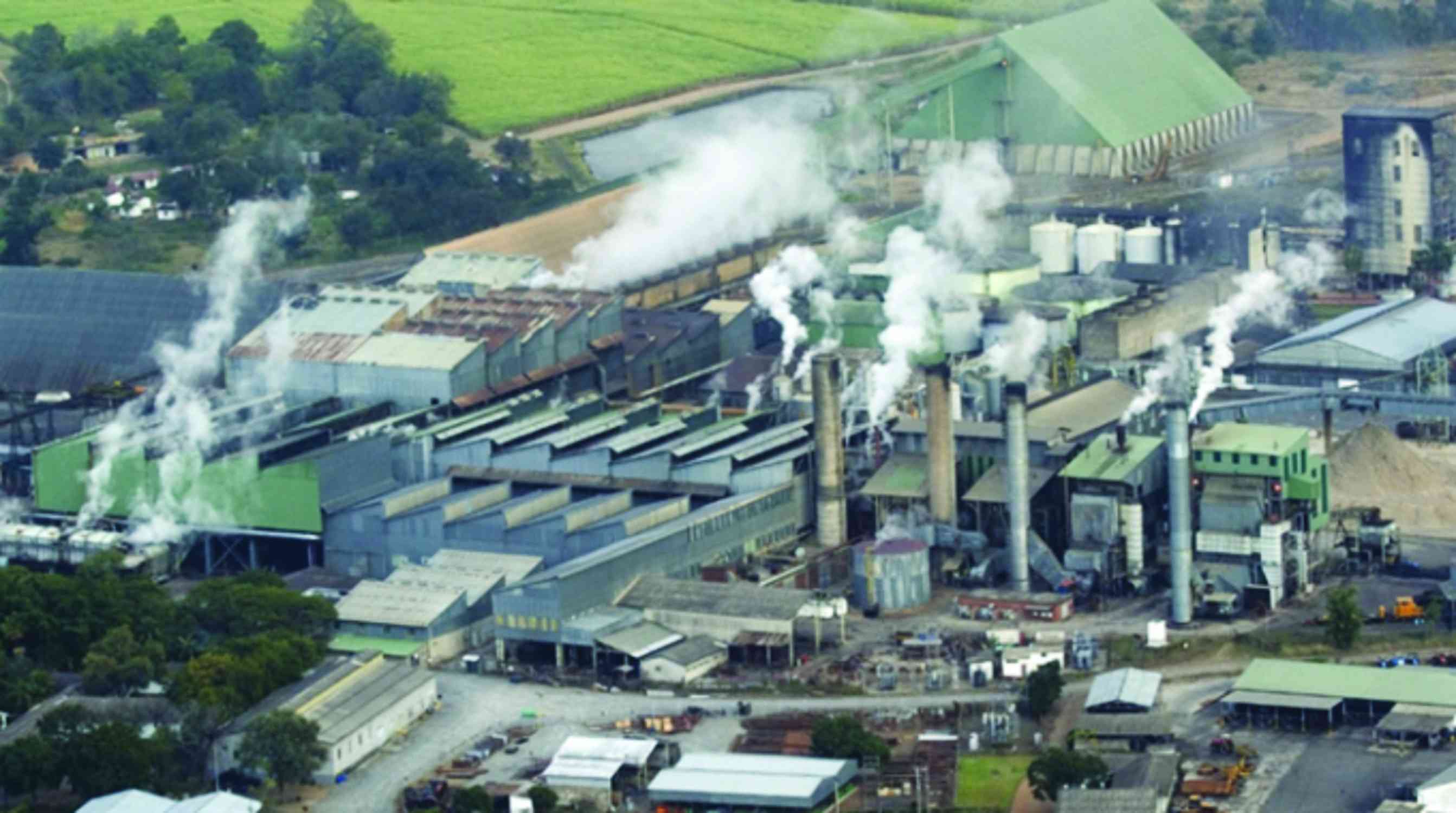
FREEMAN MAKOPA INTRACHEM Private Limited, a mining technology outfit controlled by Zimbabwean and foreign shareholders, will invest US$7 million into its Kwekwe-based explosives manufacturing plant, official reports showed this week.
The firm has been aggressively diversifying from a trader in finished explosives into a producer.
In a report released after a tour of the firm’s facility, Industry and Commerce minister Sekai Nzenza said Intrachem will be executing its strategy in phases.
“The company has completed two of the four phases in setting up a fully integrated civil explosives manufacturing plant,” Nzenza said.
“The company is investing US$7 million in establishing a highly automated and fully integrated local plant in two phases, the bulk emulsion and detonator assembly respectively.”
The minister said the company had also completed construction of storage facilities in line with its expansion drive.
Nzenza said Intrachem’s detonator assembly would be in two parts.
The first would cater for small artisanal miners, while the other would be for large-scale mining houses.
- Chamisa under fire over US$120K donation
- Mavhunga puts DeMbare into Chibuku quarterfinals
- Pension funds bet on Cabora Bassa oilfields
- Councils defy govt fire tender directive
Keep Reading
She said on completion of the full project, Intrachem would have scope to produce cartridges, boosters and specialised products, mainly for use in exploration.
The company has already kicked off exportation of detonators into the Tanzanian and Zambian markets.
Development of the firm gives traction to Zimbabwe’s target to reduce its import bill through setting up firms whose products are currently being imported.
Last year, Mines and Mining Development minister Winston Chitando said on completion, Intrachem would save the country US$20 million annually through reduced imports.
In a recent interview, Nzenza said Zimbabwe’s value chain development would promote exports in finished products.
Over the years, many African countries, Zimbabwe included, have been exporting unprocessed raw materials to Western countries.
“The Ministry of Industry and Commerce’s mandate is to move up the value chains and increase local production utilising the raw materials we already have nationally. One of my key priorities is to increase the local production of fertiliser and ensure food security,” she said.
“The ministry has always taken a strategic approach to fertiliser production. Even before the Ukrainian crisis, as a ministry, we pushed the five-year fertiliser import substitution strategy to ensure that Zimbabwe becomes self-sustainable in fertiliser production.
“This is why the government and companies like Zimphos and Sables are working on increasing their capacity and efficiency in fertiliser production,” Nzenza added.
African governments have challenged industrialists to enhance value-addition and diversify exports to help end Africa’s reliance on exporting raw materials much to the detriment of the continent’s growth prospects.











